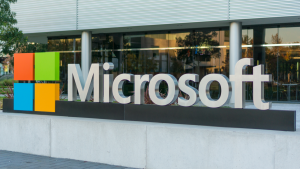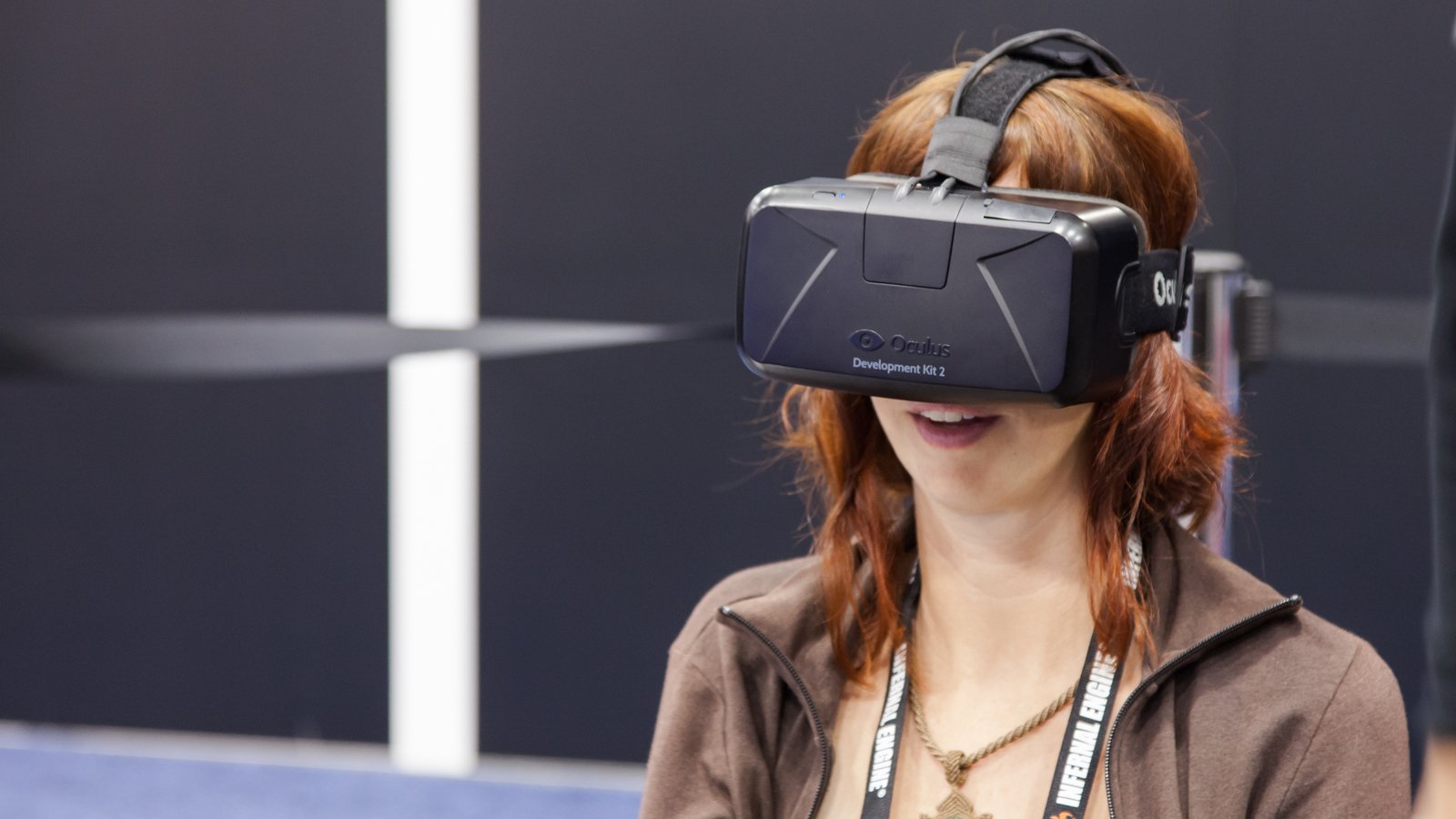If you’re a believer in the continued rise of technology – and who isn’t these days? – then you need to at least consider the potential top performers among virtual reality stocks 2024. Yes, VR headsets seem to be the exclusive domain of the video gaming community. But it’s so much more than that.
First, let’s establish the framework. According to Grand View Research, the global VR market size reached a valuation of $59.96 billion in 2022. Further, the segment should expand at a compound annual growth rate (CAGR) of 27.5% from 2023 to 2030. At the forecast’s culmination point, the industry should generate revenue of $435.6 billion. That’s called a massive total addressable market for virtual reality stocks 2024.
Second, as the end-to-end market intelligence firm pointed out, VR platforms feature myriad uses. “For instance, virtual reality allows engineers to test a vehicle’s design and construction at an early stage before beginning costly production in the automobile industry.” As well, it can provide more effective on-the-job training for various industries in a safe and controlled environment.
With that, below are compelling ideas for virtual reality stocks 2024 to consider.
HP (HPQ)

Given so much attention toward innovations such as generative artificial intelligence and other ultra-relevant technologies, HP (NYSE:HPQ) has fallen by the wayside. Still, if you’re interested in an off-the-beaten path idea for virtual reality stocks 2024, HPQ should be on your radar. Specifically, the company developed several VR products, including an immersive and hyper-realistic platform called the HP Reverb G2.
Per its website, the headset is appropriate for both gaming and business functions. However, it’s probably safe to say that it will likely find most use in the entertainment sector. But that’s not a bad gig at all. According to Grand View Research, the global VR in gaming market size reached a valuation of $20.73 billion in 2022.
Further, analysts project that the segment could expand at a CAGR of 22.7% from 2023 to 2030. At the forecast’s culmination point, the industry might print revenue of $109.59 billion. Additionally, analysts rate HPQ a consensus moderate buy with a $31.45 price target, with a high-side estimate of $40.
Meta Platforms (META)

While previously synonymous with social media through its Facebook network, Meta Platforms (NASDAQ:META) has evolved into a diverse tech juggernaut. More recently, the company has pivoted to the metaverse, a virtual ecosystem where people can interact with a computer-generated environment. Naturally, VR headsets and related equipment would be helpful in this endeavor and Meta doesn’t disappoint.
Primarily, the company ranks among the top virtual reality stocks 2024 through its Meta Quest series of headsets. Further, it offers innovations via its next-generation smart glasses, a partnership it inked with sunglass manufacturer Ray-Ban. This should be a particularly intriguing catalyst for META stock. Experts project that the global smart glasses market may expand at a CAGR of 27.1% from 2023 to 2030.
At the forecast culmination point, sector revenue should land at $8.19 billion. As for the core VR segment, Meta owns a 50.2% market share, making it the undisputed leader. Unsurprisingly, analysts peg shares a consensus strong buy with a $426.11 price target, projecting 8% upside. Additionally, the high-side target hits $470, implying 19% growth.
Microsoft (MSFT)

A tech monster, Microsoft (NASDAQ:MSFT) represents an indelible component of the broader ecosystem. For example, when conducting academic studies or professional services, people use personal computers. And when it comes to that department, the world’s operating systems mostly run on Microsoft Windows. In fact, Windows holds a 73% market share, an area of dominance that probably won’t be challenged anytime soon.
Of course, as with any tech leader, it’s not satisfied dominating just its own neighborhood. Over the past few years, Microsoft has developed a wide range of VR products. In particular, its HoloLens 2 offers incredible relevancies for the academic realm along with myriad professional industries. With VR, both students and workers in training can enhance their knowledge and skill sets without real-world consequences.
Such a protocol should help accelerate learning and productivity. Indeed, the global AR/VR in training protocols should see a CAGR of 41.2% from 2022 to 2031, ultimately reaching a valuation of $142.1 billion. Finally, analysts rate shares a consensus strong buy with a $469.45 average price target, implying over 16% upside potential.
On the date of publication, Josh Enomoto did not have (either directly or indirectly) any positions in the securities mentioned in this article. The opinions expressed in this article are those of the writer, subject to the InvestorPlace.com Publishing Guidelines.
